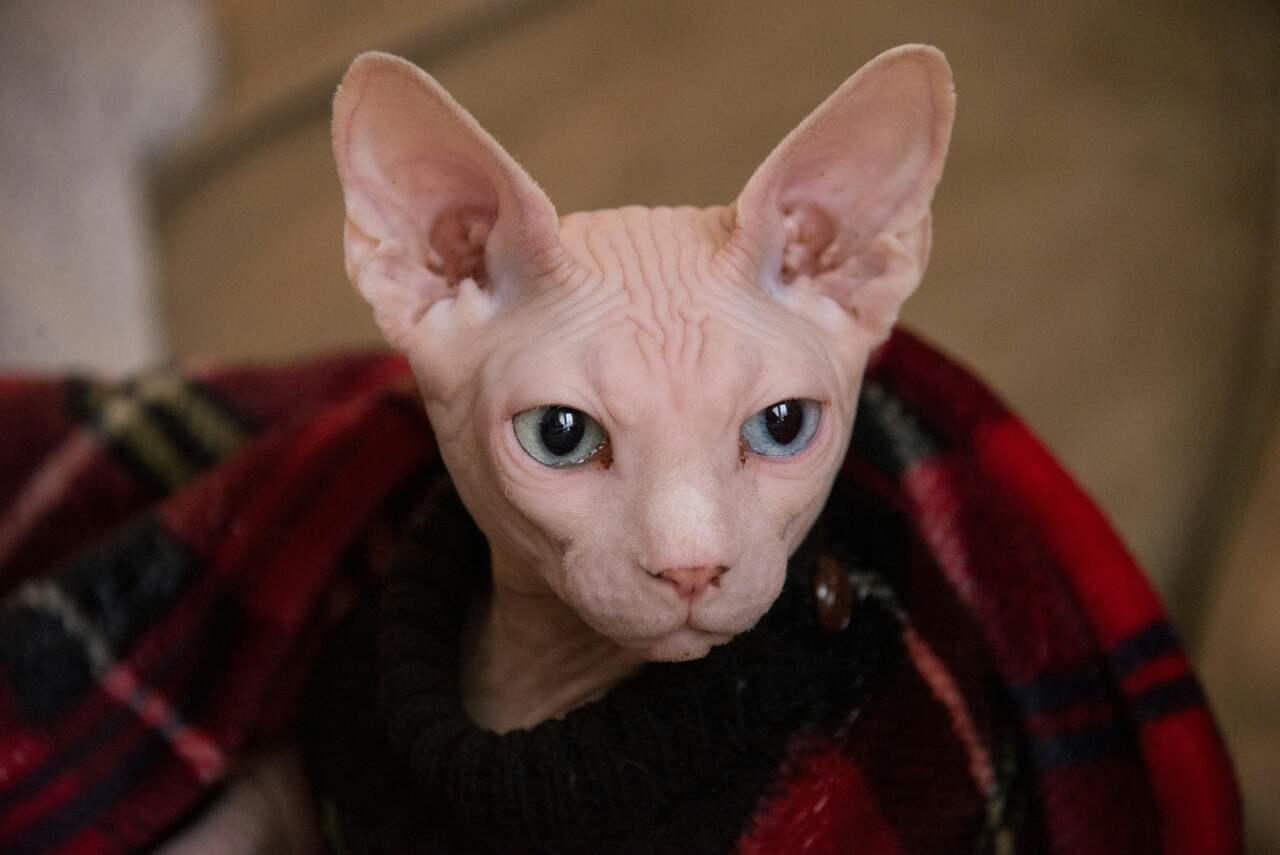
In a new study, experts have revealed how many years, on average, domestic cats in the UK usually live.
+ 65% of adopted pets in Brazil are cats, reveals census
The results suggest that Burmese and Birman cats have the highest life expectancy, living an average of about 14.4 years. “Essentially, what we are now doing is providing some level of statistical certainty where previously it was just guesswork,” said Dr. Dan O’Neill, co-author of the study from the Royal Veterinary College (RVC).
According to him, this could be important for prospective owners, charities, and veterinarians, while also helping those who may be considering the value of expensive and painful medical or surgical care for their cats.
In the research, published in the Journal of Feline Medicine and Surgery, researchers from the RVC and National Chung Hsing University in Taiwan used data from 7,936 cats registered in the UK who died between January 1, 2019, and March 31, 2021 to calculate the average remaining life expectancy for each year of life.
Overall, the average remaining life expectancy for cats entering their first year of life is 11.7 years, with the highest figure, 12.5 years, applying to females, and the lowest, just 11.2 years, for males.
The team found that crossbreeds (which represented 88% of the cats) have a longer life expectancy than purebred cats, at least until they get old, with the former having a remaining life expectancy of 11.9 years in their first year of life, compared to 10.4 years for the latter.
“If someone’s priority is to have a cat that defers death for the longest time, on average, we now have evidence to say [to get a] female and crossbreed,” said O’Neill.
In an analysis of specific breeds with at least 15 registered deaths, experts said Siamese cats entering their first year of life live an average of 11.7 more years, while for Bengal cats, the number is 8.5 years.
The team added that the short life expectancy of Sphynx cats, averaging only 6.7 years, may be related to an increased risk of various diseases.
The experts also said that unneutered cats have a reduced life expectancy, although this is likely because they are more likely to be neutered as they get older, while cats with medium body weight have a longer life expectancy than those weighing more or less.
This content was created with the help of AI.

